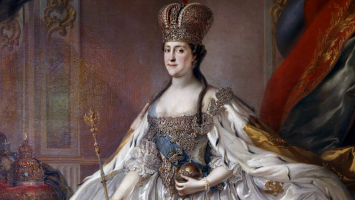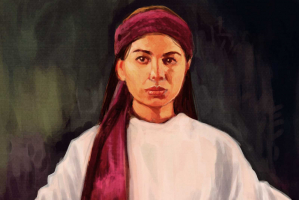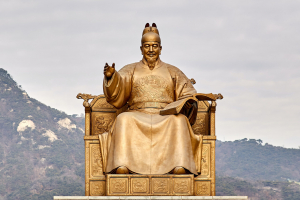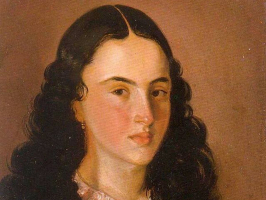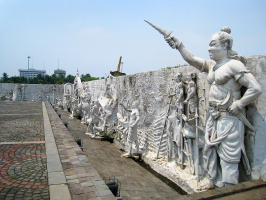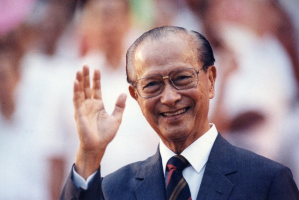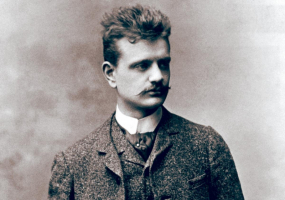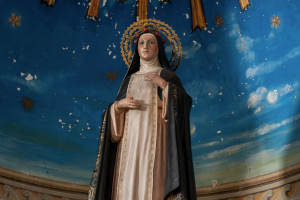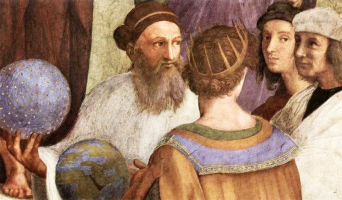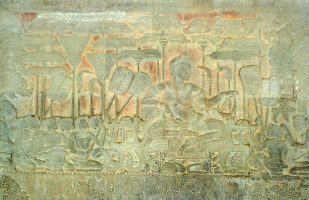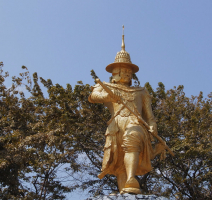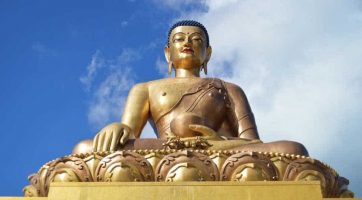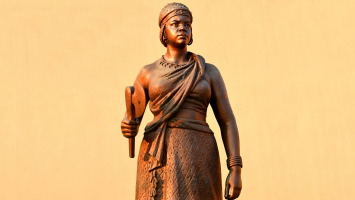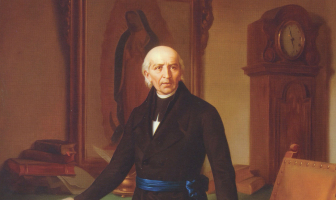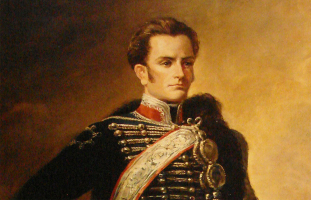Top 4 Most Important Historical Figures In Brazil
Many prominent figures from various fields call Brazil home. Here's an article about the most important historical figures in Brazil.... read more...
-
Dom Pedro II (2 December 1825 - 5 December 1891), nicknamed "the Magnanimous", was the Empire of Brazil's second and final monarch, reigning for over 58 years. He was born in Rio de Janeiro as the seventh child of Emperor Dom Pedro I of Brazil and Empress Dona Maria Leopoldina, making him a member of the House of Braganza's Brazilian branch. His father's abrupt abdication and departure to Europe in 1831 left the five-year-old Emperor, leading to a grim and lonely childhood and adolescence spent studying in preparation for rule. His experiences with court intrigues and political disputes during this period had a significant impact on his later personality; he grew into a man with a strong sense of duty and devotion to his country and people, but grew increasingly resentful of his role as monarch. He is remembered as one of the most important historical figures in Brazil.
Pedro II inherited an empire on the verge of collapse, but he transformed Brazil into an emerging power on the global stage. The country distinguished itself from its Hispanic neighbors due to its political stability, zealously guarded freedom of expression, respect for civil rights, vibrant economic growth, and government form—a functional representative parliamentary monarchy. Brazil also won the Platine War, the Uruguayan War, and the Paraguayan War, as well as several other international conflicts and domestic tensions. Despite strong political and economic opposition, Pedro II steadfastly pursued the abolition of slavery. The Emperor, a savant in his own right, established a reputation as a vigorous supporter of learning, culture, and the sciences, and he earned the respect and admiration of people like Charles Darwin, Victor Hugo, and Friedrich Nietzsche, as well as Richard Wagner, Louis Pasteur, and Henry Wadsworth Longfellow.
Most Brazilians had no desire for a change in the form of government, but the Emperor was deposed in a surprise coup that had almost no support outside of a clique of military leaders who desired a dictatorial republic. Despite overwhelming popular support, Pedro II had grown tired of emperorship and was pessimistic about the monarchy's future prospects. He did not allow his removal to be challenged, and he opposed any attempt to restore the monarchy. He lived in exile in Europe for the last two years of his life, living alone on very little money.
Pedro II's reign thus came to an unusual end—he was deposed while still highly regarded by the people and at the pinnacle of his popularity, and some of his achievements were quickly undone as Brazil descended into a long period of weak governments, dictatorships, and constitutional and economic crises. The men who had exiled him saw him as a model for the Brazilian Republic. His reputation was restored a few decades after his death, and his remains were returned to Brazil amid nationwide celebrations. Historians have regarded the Emperor favorably, and several have ranked him as the greatest Brazilian.
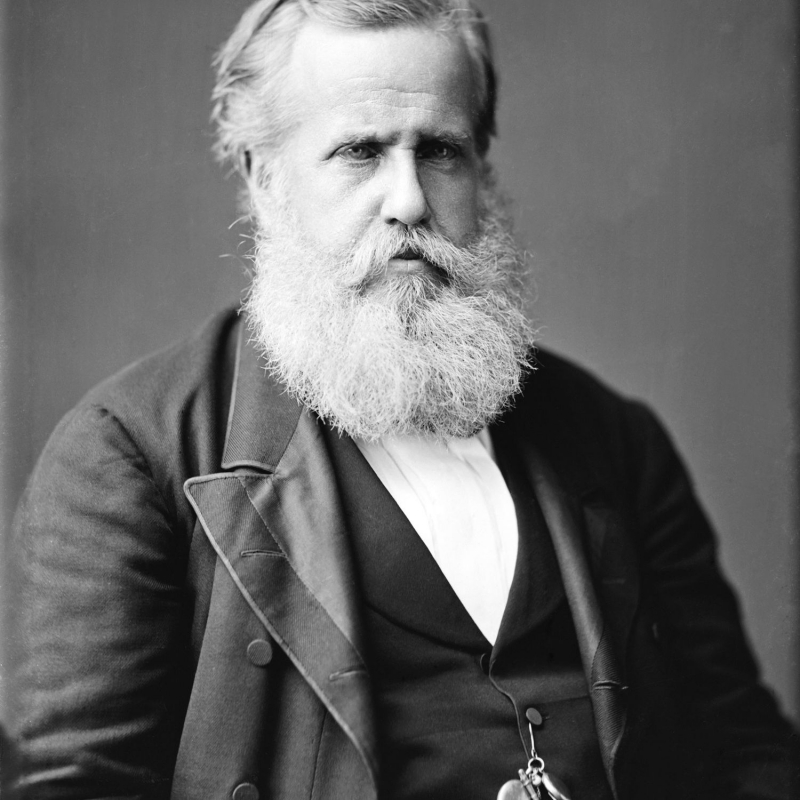
en.wikipedia.org 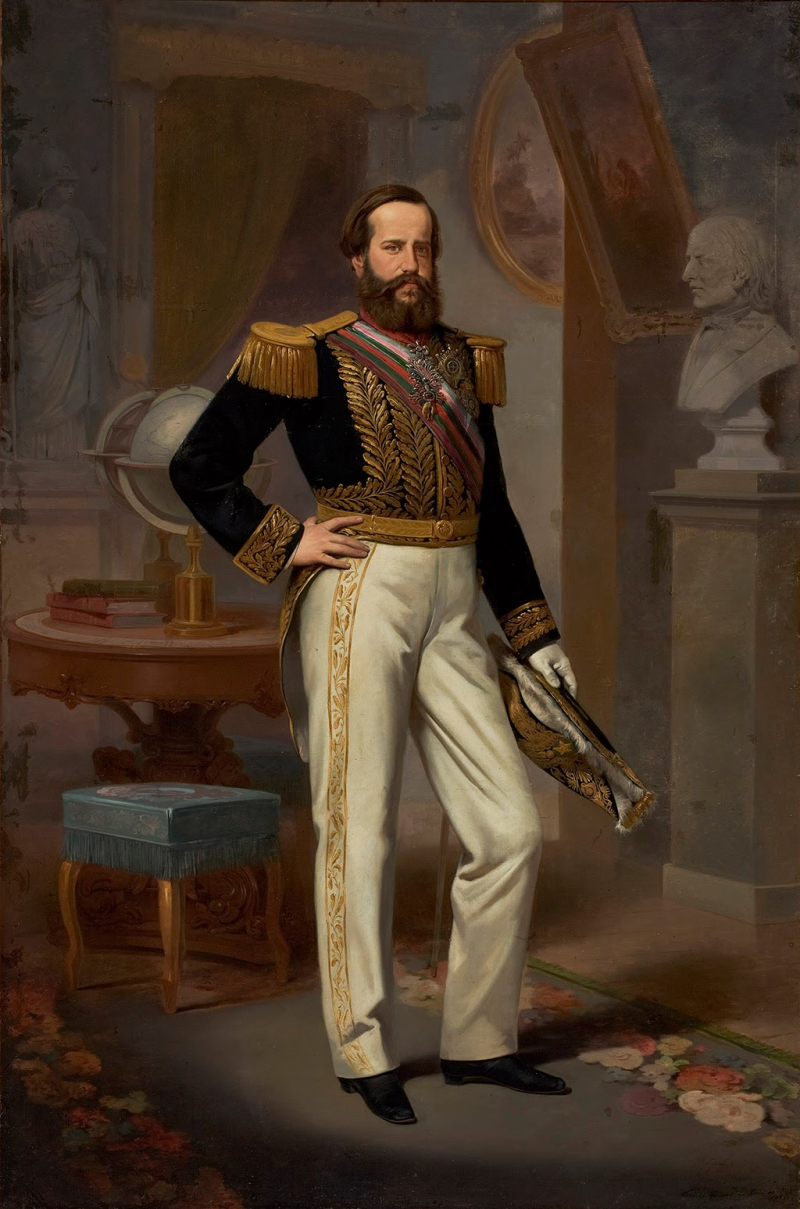
thoughtco.com -
Tiradentes (12 November 1746 - 21 April 1792), known as Joaquim José da Silva Xavier, was a leading member of the colonial Brazilian revolutionary movement known as Inconfidência Mineira, whose goal was full independence from Portuguese colonial power and the establishment of a Brazilian republic. He is among the most important historical figures in Brazil.
Tiradentes was arrested, tried, and publicly hanged after authorities discovered the separatists' plot. He was imprisoned in Rio before being hanged on April 21, 1792. His body was then quartered and the pieces were sent to Vila Rica to be displayed in locations where he used to spread his liberal ideas. His head fell into Ouro Preto but was later lost.
In the late nineteenth century, republicans began to regard Tiradentes as a national hero. The anniversary of his death became a national holiday after the establishment of the Republic in 1889.
His surname, "Tiradentes," became the name of a city in Minas Gerais, city squares in Belo Horizonte, Curitiba, So Paulo, Rio de Janeiro, and Ouro Preto, and a major avenue in Santo Domingo, Dominican Republic.
The hero is commemorated by the 11th Mountain Infantry Battalion, "Tiradentes" Regiment (11º Batalhão de Infantaria de Montanha, Regimento "Tiradentes"), which is currently operational in the Brazilian Army.
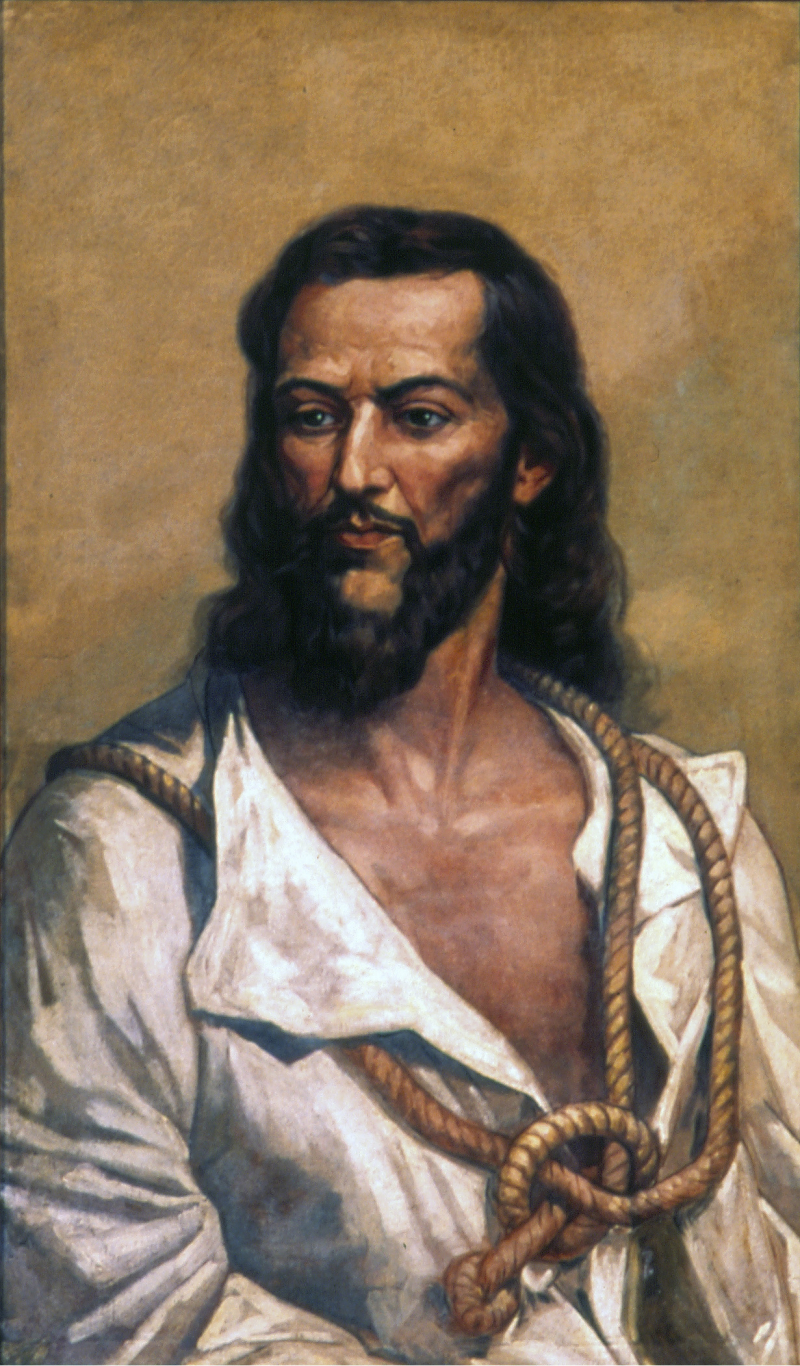
vi.wikipedia.org 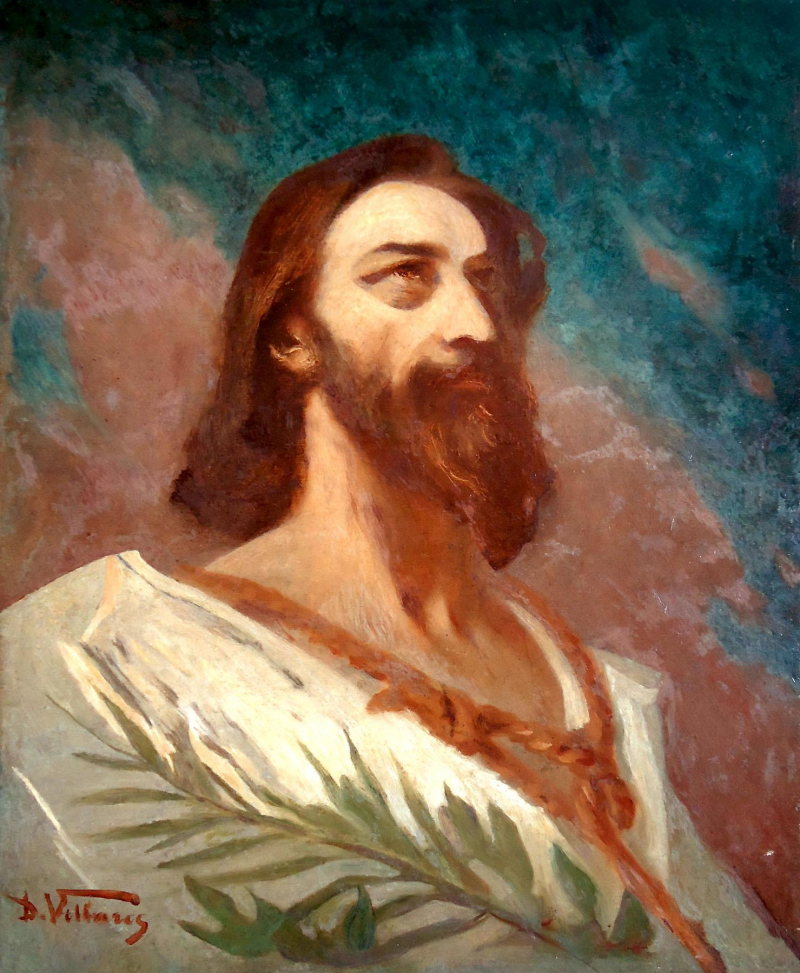
commons.wikimedia.org -
"Captain" Virgulino Ferreira da Silva, better known as Lampião (meaning "lantern" or "oil lamp"), was the most successful traditional bandit leader of the twentieth century. Cangaço banditry was endemic to the Brazilian Northeast. Cangaço originated in the late 1800s but was most popular in the 1920s and 1930s. Lampião led a gang of up to 100 cangaceiros who occasionally took over small towns and fought a number of successful battles against paramilitary police despite being vastly outnumbered. Among the most important historical figures in Brazil, Lampião became a folk hero as a result of his exploits and reputation, the Brazilian equivalent of Jesse James or Pancho Villa.
Despite his history of brutality and savagery, Lampião's undoubted courage, many fights against great odds, occasional acts of mercy and charity, conventional piety, and calculated courting of publicity were enough to ensure that Lampião entered Brazilian folklore as a hero. One of the more objective analyses of Lampião concluded that, if he was a hero, he was an anarchist hero who carved out a prominent place for himself in a society and political environment where people prioritized their own interests above all else.
The songs associated with Lampião's bandits were recorded as "Cantigas de Lampião" in 1957. Joan Baez covered "Mulher Rendeira" as "O Cangaceiro" on her album Joan Baez/5, which was released in October 1964. Lampião is mentioned directly in the lyrics.
The story of Lampião and Maria Bonita inspired numerous folk tales, books, comic books, popular pamphlets (cordel literature), songs, movies, and a number of TV soap operas, with all the drama, passion, and violence typical of "Wild West" stories.
In a verse of the quadra (call and response style song), Capoeira culture honors his folk hero status ''Sim, Sim, Sim, Não, Não, Não'. Lampião was mentioned in the lyrics of "Ratamahatta," a song from the Roots album by Brazilian metal band Sepultura. Caio Facó, a composer of classical music, wrote a piece (Cangaceiros e Fanaticos, for string quartet) inspired by the theme of Cangaço.
Torcida Jovem do Sport, a Sport Club do Recife ultras group, uses the myth of Lampião and Maria Bonita as their 'leaders' and symbols.
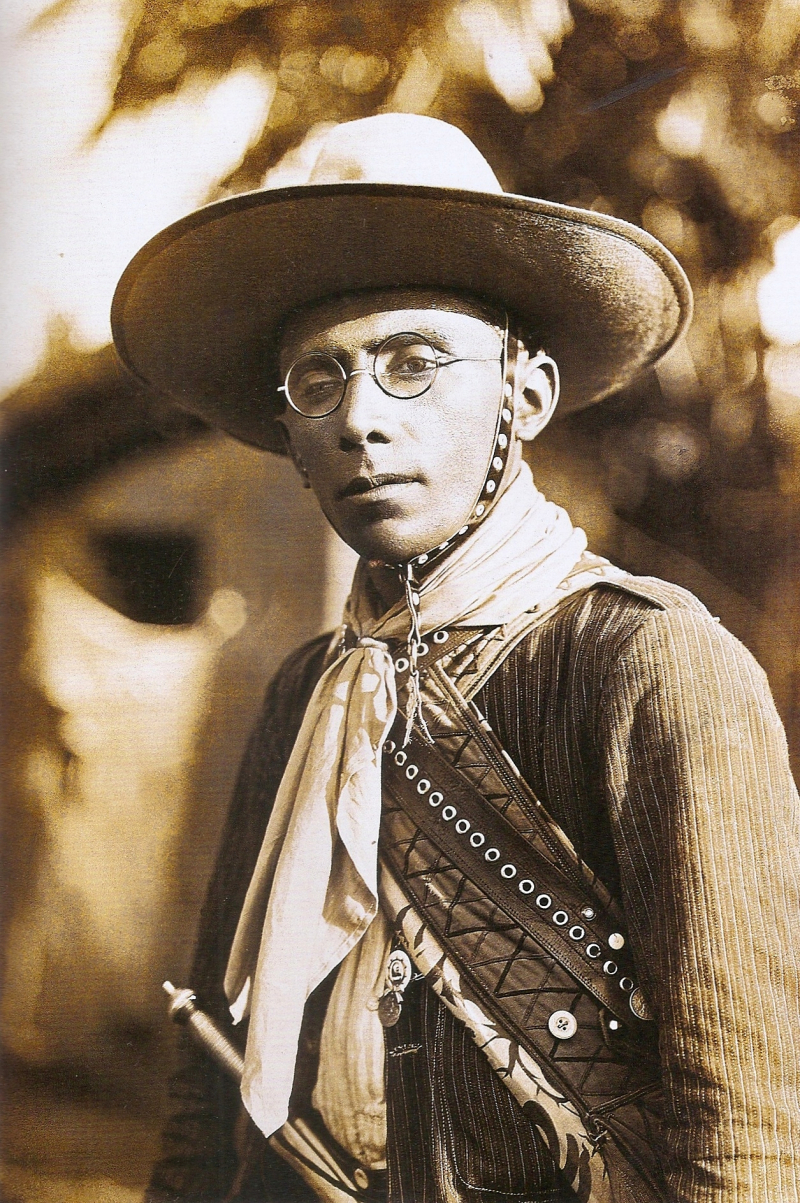
en.wikipedia.org 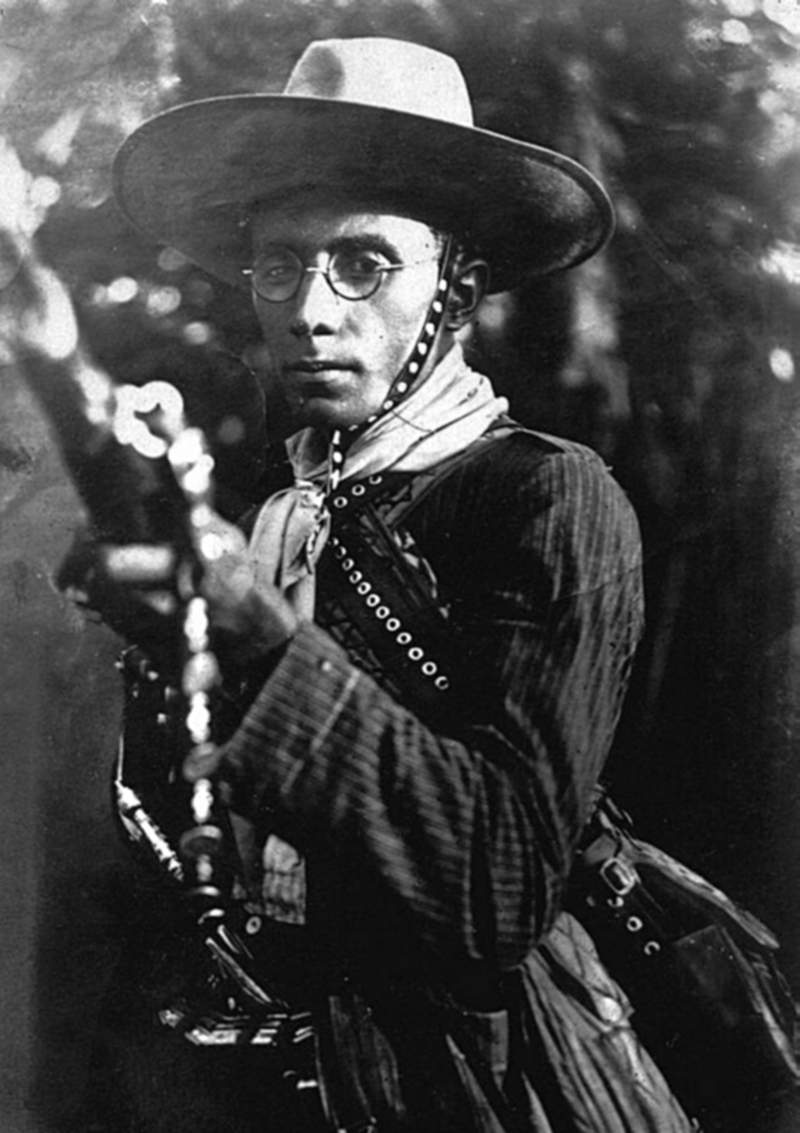
commons.wikimedia.org -
Getúlio Dornelles Vargas (19 April 1882 - 24 August 1954), nicknamed "the Father of the Poor," was a Brazilian lawyer and politician who served as Brazil's 14th and 17th president, from 1930 to 1945 and 1951 to 1954. He is regarded as one of the most important historical figures in Brazil.
Vargas, who was born in São Borja, Rio Grande do Sul, to a powerful local family, served in the Army for a short time before enrolling in law school. He began his political career as a district attorney before moving on to become a state deputy before an interim period. He entered national politics as a member of the Chamber of Deputies, then served as Minister of Finance under President Washington Luís before taking over as state president of Rio Grande do Sul.
Following an armed revolution in 1930, Vargas rose to power under a provisional presidency, remaining in power until 1934, when he was elected president under a new constitution. Three years later, he seized power under the guise of a communist insurgency, launching the eight-year-long Estado Novo dictatorship. After being sandwiched between Nazi Germany and the United States, he led Brazil into World War II on the side of the Allies in 1942. Though there was significant opposition to his government, the major revolts - the 1932 Constitutionalist Revolution in his provisional government, the Communist uprising of 1935 in his constitutional presidency, and the putsch of the Brazilian Integralist Action in his dictatorship - were all successfully suppressed, though the methods Vargas used to quell his opposition ranged from light peace terms to imprisoning political opponents.
Despite being deposed in 1945 after fifteen years in power, Vargas won the 1950 presidential election democratically and returned to the presidency. However, a growing political crisis led to his suicide in 1954, ending his second presidency prematurely. Historians regard Vargas as the most powerful Brazilian politician of the twentieth century. He is also one of a number of populists who emerged in Latin America during the 1930s, including Lázaro Cárdenas and Juan Perón, who promoted nationalism and sought social reform.
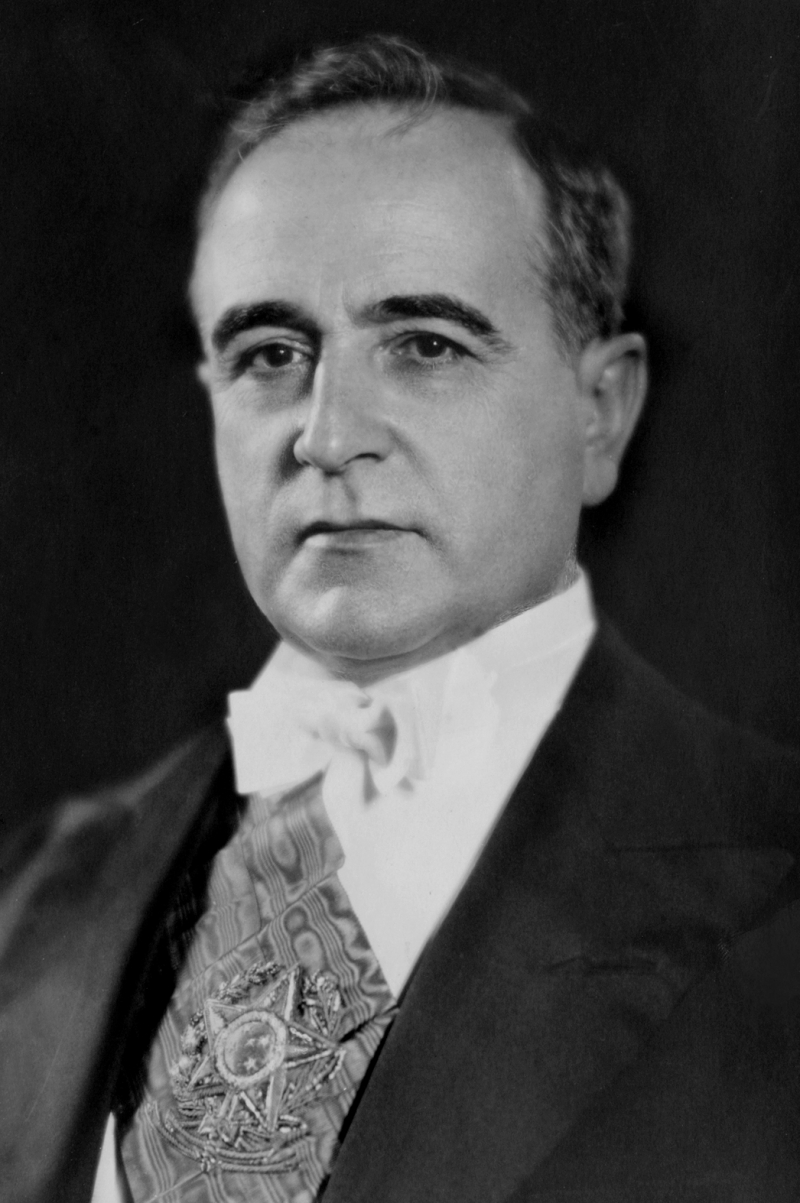
en.wikipedia.org 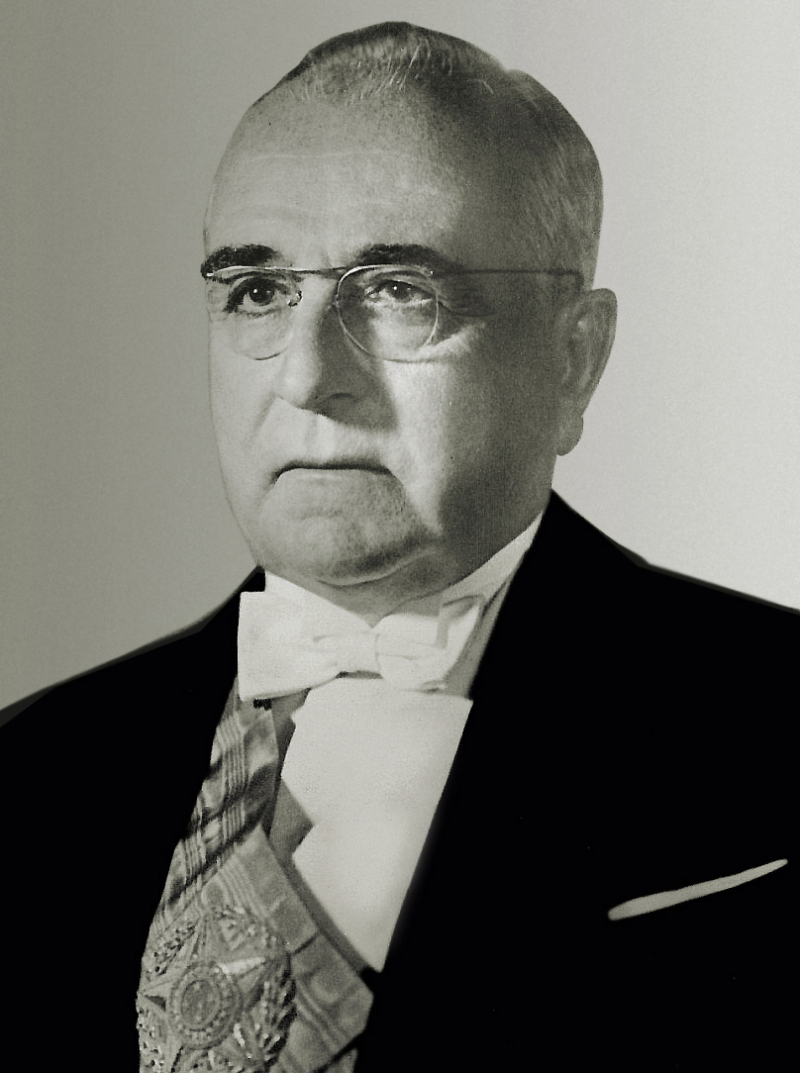
commons.wikimedia.org






